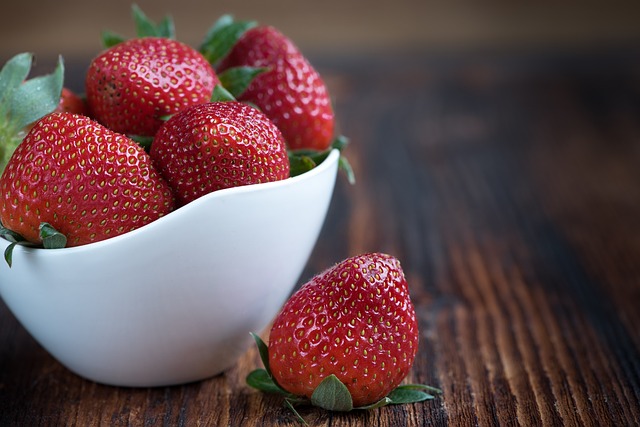Probiotics 101: The Science Behind Gut-Brain Connection

The Gut-Brain Connection: A phrase you may have come across, but what exactly does it mean? It refers to the intricate link between our gut and our brain, a connection that scientists are only beginning to fully understand. Recent research has shown that this gut-brain axis plays a crucial role in our overall health and well-being. One of the key factors influencing this connection is the presence of probiotics in our gut.
What are Probiotics?
To put it simply, probiotics are live microorganisms that provide health benefits when consumed in adequate amounts. These beneficial bacteria can be found in certain foods, supplements, and even some skincare products. The most common types of probiotics are lactobacillus and bifidobacterium, which are naturally present in our gut.
The Science Behind Probiotics:
Our gut is home to trillions of microorganisms, including both good and harmful bacteria. The delicate balance between these bacteria is crucial for maintaining a healthy digestive system and overall well-being. However, various factors such as stress, poor diet, antibiotics, and age can disrupt this balance, leading to an overgrowth of harmful bacteria.
This is where probiotics come into play. When we consume probiotic-rich foods or supplements, these “good” bacteria help restore the natural balance in our gut by crowding out the harmful bacteria. They do so by competing for resources and producing compounds that inhibit the growth of pathogens. Additionally, probiotics can help strengthen our gut lining, improving its integrity and preventing harmful substances from entering our bloodstream.
The Impact on Gut Health:
The benefits of probiotics extend beyond just restoring the balance of gut bacteria. Research suggests that a healthy gut plays a vital role in our immune system, mental health, and even weight management. Probiotics have been shown to alleviate symptoms of various digestive disorders such as irritable bowel syndrome (IBS), inflammatory bowel disease (IBD), and diarrhea.
Some studies have also indicated a potential link between gut health and mental well-being. The gut produces neurotransmitters like serotonin, the “feel-good” hormone that affects our mood and emotions. Research has shown that certain strains of probiotics can influence the production and availability of these neurotransmitters, potentially helping with conditions such as anxiety and depression.
Sources of Probiotics:
Now that we understand the importance of probiotics, let’s explore some common sources from which you can reap the benefits of these beneficial bacteria:
- Yogurt: Choose yogurts that contain live and active cultures, as these provide the probiotic benefits.
- Kefir: A fermented milk drink that is rich in probiotics.
- Sauerkraut: Fermented cabbage that acts as a natural source of probiotics.
- Kombucha: A fermented tea beverage that contains probiotics.
- Kimchi: A Korean dish made from fermented vegetables, including probiotics.
Supplementation is another option for those looking to incorporate probiotics into their routine. Probiotic supplements are widely available and can offer a more concentrated dose of these beneficial bacteria.
Conclusion:
The gut-brain connection is a fascinating field of study, and research is continually uncovering the importance of probiotics in maintaining a healthy gut. By incorporating probiotic-rich foods or supplements into our diet, we can support our gut microbiota and potentially improve our overall well-being, from digestion to mental health. However, it is essential to note that probiotics are not a one-size-fits-all solution, and consulting with a healthcare professional is always recommended before introducing any significant dietary changes or supplements.
So, next time you reach for that yogurt or sip on some kombucha, remember that you’re not only satisfying your taste buds but also nourishing the trillions of bacteria that







